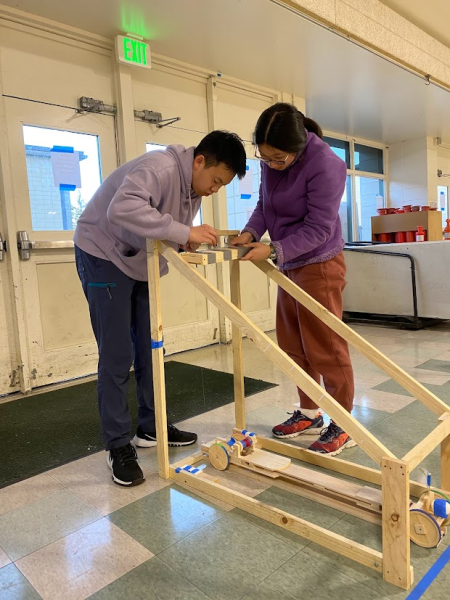Perfect parents: the role culture plays on parenting methods
A
s I watched my younger brother completely misinterpret the lyrics of an old Russian song, I found myself wishing that we could have stayed in the Ukraine for just a little longer. That way, he would have been old enough to fathom and savour the depth of his culture.
The imprint of culture — unspoken values and instinctive similarities that unite a group of strangers around the world — is fundamental to the development of character.

Parental affection is communicated in a variety of languages tailored to the parents’ culture, values and experiences. Sometimes, speaking the language might not be enough, because the true meaning lies between the lines.
Whether those similarities are accepted or denied, understanding your family’s traditions and history is essential for parent-child communication.
Care and affection are expressed in a unique way in different households, although parents of similar origin often share parenting strategies, which they retain even after immigrating to the U.S.
For example, Asian parents are often stereotyped as being stricter, less expressive, and more centered on raising an academically successful child in comparison to Western parents.
While based on some truth, this is nothing more than a shallow generalization.
According to the Social Security Association’s (SSA) Professor Yunsun Choi, western parents may be more openly affectionate to show warmth, while Asian American parents may express the same sentiments through sacrifices and indirect actions.
For example, junior Ivy Chen’s parents immigrated from Taiwan to the U.S. before she was born.
“I guess I could say that they are more strict than parents who grew up here because they grew up differently,” Chen said, “but I think they’re doing a very good job in adapting.”
The schooling environment in Taiwan is more intense than the one she is currently going through in the U.S., Chen said. Her parents, who had to take a test to get into high school and another test to get into college, strictly emphasize the importance of academic success.
In comparison, junior Evelyn Solis Cabrera said that throughout her life, her parents, who immigrated from Mexico before her birth, were focused on teaching her morals and building her character.
The community of her closest and extended family played a big role in the development of her values and principals, Solis Cabrera said.
“I was raised by mom and my dad and I grew up with my brother, but then I also grew up with my other family like my uncles, my aunts and my cousins,” Cabrera said. “I think that really shaped who I am.”
Subsequently, it has always been her own responsibility to put pressure on herself to do well academically, although her parents’ support has always motivated her success, Cabrera said.
“I know they did raise me to have a motivation to go to school and then get a job, so I won’t end up like them,” Cabrera said, “because they have jobs that aren’t really great.”











